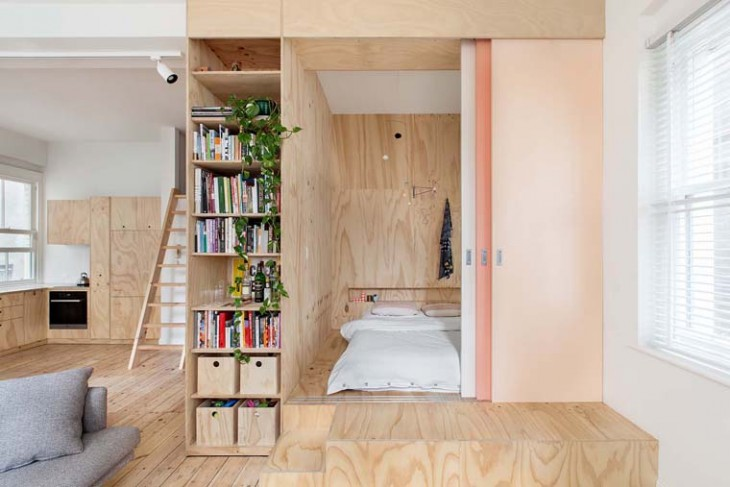The Impact of Property Developer Companies in Malaysia’s Urban Evolution
Property developer companies in Malaysia play an integral role in shaping the country’s urban and economic development. These companies are at the forefront of creating residential, commercial, and mixed-use spaces that cater to the evolving needs of the Malaysian population. As cities like Kuala Lumpur, Johor Bahru, and Penang continue to expand, property developers are not only tasked with meeting the demand for housing but also with contributing to the growth of modern infrastructure. The projects led by these companies define the physical landscape of the nation, influencing lifestyle patterns, economic opportunities, and community growth. As Malaysia strives toward becoming a developed nation, property developers are key players in facilitating this transformation.
One of the driving forces behind the property development sector in Malaysia is the increasing rate of urbanization. More people are migrating from rural areas to urban centers in search of better employment opportunities, education, and living conditions. As a result, the demand for housing in cities has skyrocketed, and property developers have been quick to respond. From high-end condominiums and gated communities to affordable housing projects, developers are working to provide a wide range of options to accommodate the growing urban population. Many developers are also investing in mixed-use developments that integrate residential, commercial, and leisure spaces into a single area, reflecting the rising preference for convenience and accessibility in urban living.

Sustainability has become a crucial focus for new property in kl. As global environmental concerns intensify, developers are recognizing the importance of incorporating green building practices into their projects. Many companies are now striving to achieve Green Building Index (GBI) certification, which reflects a commitment to using eco-friendly materials, energy-efficient designs, and renewable energy sources. This shift towards sustainability not only helps reduce the environmental impact of construction but also appeals to environmentally conscious consumers who prioritize living or working in green spaces. Sustainable building practices are becoming a standard feature in Malaysia’s property development sector, as developers aim to create projects that are both eco-friendly and economically viable.
Another key trend in Malaysia’s property development landscape is the integration of smart technologies. As the world becomes increasingly connected, the demand for smart homes and digitally integrated workspaces has risen. Property developers are now incorporating features such as automated lighting, climate control, and security systems into their residential projects. In commercial developments, high-speed internet connectivity and digital infrastructure are becoming essential components of office spaces. By embracing technology, developers are enhancing the appeal of their projects, catering to the needs of modern buyers and businesses who value convenience and innovation. This technological shift is also a reflection of the changing expectations of consumers, who are looking for properties that support their digital lifestyles.
While property developers in Malaysia have made significant strides, they also face various challenges that complicate their operations. One of the major obstacles is the rising cost of land, particularly in prime urban areas. As land prices continue to escalate, it becomes increasingly difficult for developers to build affordable housing, which remains a pressing issue for many Malaysians. Additionally, the property market in Malaysia can be unpredictable, with fluctuations in demand and economic conditions impacting the success of projects. Developers must navigate these uncertainties by carefully analyzing market trends, managing costs, and adopting flexible strategies to stay competitive in a rapidly changing landscape.
In conclusion, property developer companies in Malaysia are at the heart of the country’s urban development, driving the creation of spaces that meet the needs of a growing and evolving population. From residential buildings to commercial hubs, these developers shape the cities and communities in which Malaysians live and work. By focusing on sustainability, embracing smart technologies, and adapting to market challenges, developers continue to play a pivotal role in Malaysia’s journey toward becoming a modern, urbanized nation. However, the challenges of rising land costs and economic fluctuations mean that developers must remain agile and innovative to ensure long-term success. As Malaysia’s cities continue to grow, the work of property developers will remain a fundamental part of shaping the nation’s future.
